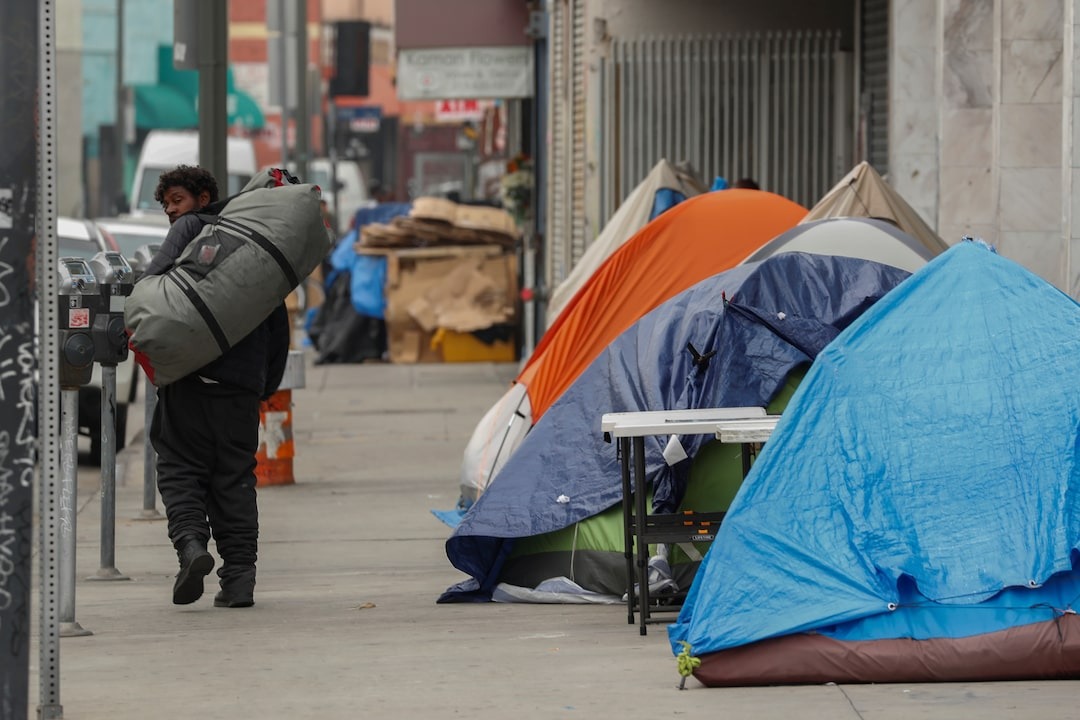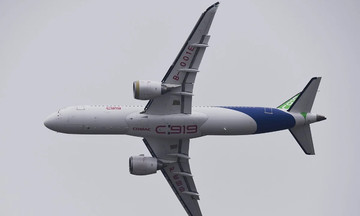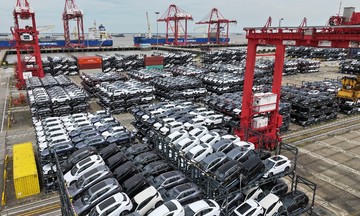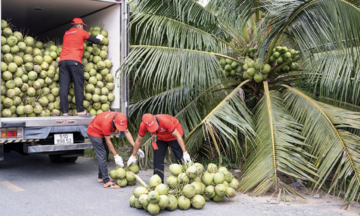A September 9 report from The Budget Lab at Yale University indicates that former President Donald Trump's import tariffs could push an additional 875,000 Americans, including about 375,000 children, into poverty by 2026.
This projection is based on the Official Poverty Measure used by the U.S. Census Bureau, which assesses poverty levels using pre-tax income. The tariffs and resulting price increases are expected to disproportionately affect low-income families who spend a larger portion of their income on essential goods, making them more vulnerable to price fluctuations.
Economists also note that lower-income households tend to purchase more imported goods, which are directly affected by the tariffs. Data released by U.S. officials on September 9 revealed that nearly 36 million Americans were living in poverty at the end of last year.
"Tariffs are a tax on American families because they target goods and services, not income," said John Ricco, director of policy research at The Budget Lab. The group estimates that the U.S. poverty rate will rise from 10.4% to 10.7% due to the tariffs.
 |
Homeless people in Los Angeles (USA) in 2019. Photo: Reuters |
Homeless people in Los Angeles (USA) in 2019. Photo: Reuters
Speaking to CNN, White House spokesperson Taylor Rogers maintained that Trump's first-term economic plan "helped families prosper while narrowing income inequality." Rogers added, "In a second term, thanks to domestic tax cuts, import tariffs, and the ability to attract large investments... Americans can trust that the Joe Biden economic disaster is about to end."
Rogers also cited economic data released on 10/9 showing that inflation was cooling and that tariffs were not increasing prices "as so-called experts had predicted." The U.S. Producer Price Index (PPI) unexpectedly fell 0.1% in August. However, economists at Barclays cautioned that the August PPI "was not as weak as the headline number suggests," asserting that "inflation remains persistent."
The average tariff on goods entering the U.S. is currently 17.4%, the highest since 1935, according to The Budget Lab.
However, Trump's tariff policies are facing legal challenges. Following unfavorable rulings in the Court of International Trade in Manhattan and the federal appeals court in Washington, D.C., the U.S. government has appealed to the Supreme Court, which agreed to hear the case on September 9. An adverse ruling could invalidate approximately 70% of the tariffs Trump implemented this year. Analysts and Trump administration officials suggest that the former president would likely seek alternative methods to maintain them.
Ha Thu (via Reuters, CNN)












